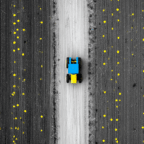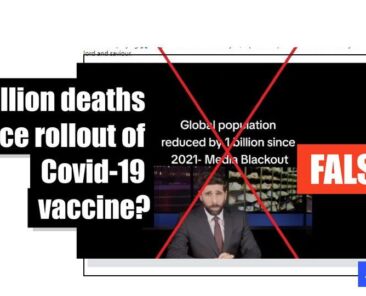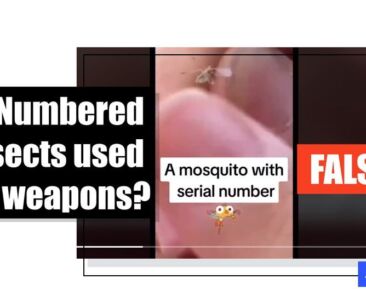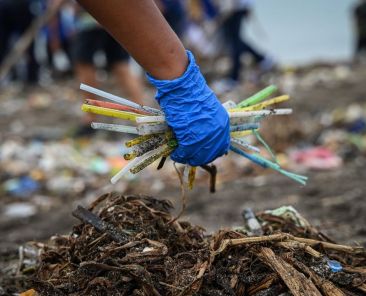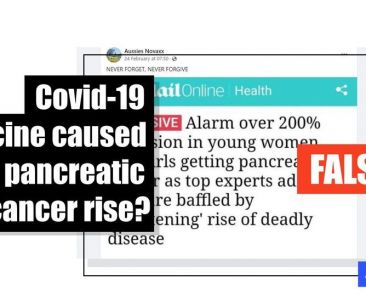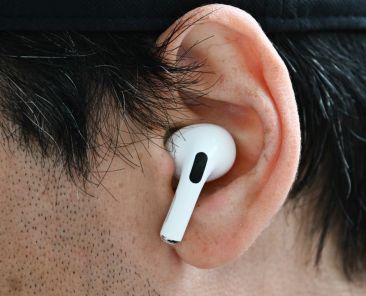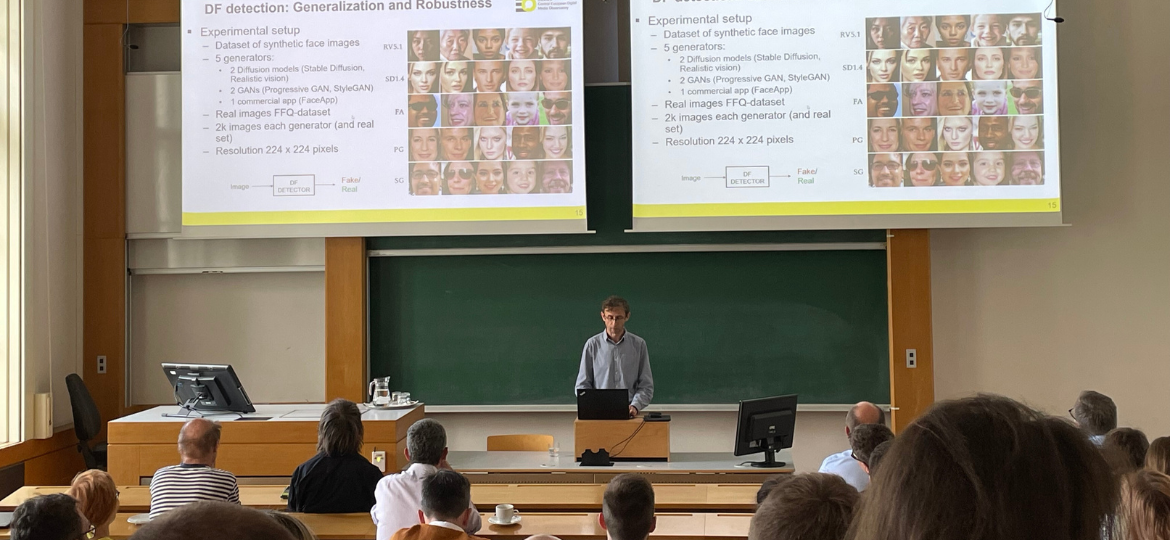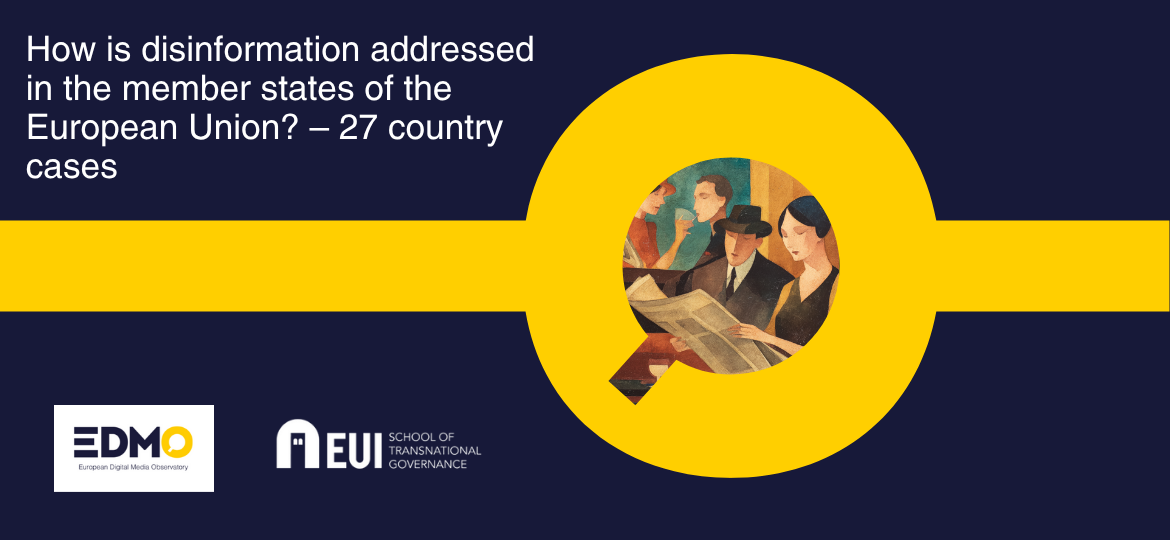About CEDMO
The Central European Digital Media Observatory (CEDMO), as an independent non-partisan multidisciplinary hub, aims to identify, research and prioritise the most critical sources and causes of information disorders in Central Europe (mainly the Czech Republic, Slovakia and Poland). This international consortium was created to propose a set of short and longer-term actions, as well as recommendations to help civil society, public institutions and the private sector respond to the declining trust in key institutions and help society to resist the effect of increasing exposure to mis- and disinformation.
By interacting and coordinating with European Digital Media Observatory (EDMO) and other regional EDMO hubs in EU, CEDMO will contribute to curbing threats posed by information disorders, including disenchantment with the democratic processes, and discord in civil society in Europe, and to building community and nation-wide resilience while protecting information ecosystems.
About CEDMO
The Central European Digital Media Observatory (CEDMO), as an independent non-partisan multidisciplinary hub, aims to identify, research and prioritise the most critical sources and causes of information disorders in Central Europe (mainly the Czech Republic, Slovakia and Poland). This international consortium was created to propose a set of short and longer-term actions, as well as recommendations to help civil society, public institutions and the private sector respond to the declining trust in key institutions and help society to resist the effect of increasing exposure to mis- and disinformation.
Our Partners
About CEDMO
The Central European Digital Media Observatory (CEDMO), as an independent non-partisan multidisciplinary hub, aims to identify, research and prioritise the most critical sources and causes of information disorders in Central Europe (mainly the Czech Republic, Slovakia and Poland). This international consortium was created to propose a set of short and longer-term actions, as well as recommendations to help civil society, public institutions and the private sector respond to the declining trust in key institutions and help society to resist the effect of increasing exposure to mis- and disinformation.
Our Partners
“URGENT — Moderna CEO Stephane Bancel Admits Company Produced 100,000 COVID-19 Vaccine Doses In 2019 Before The Pandemic Started,” says James Cintolo, a Boston-based nurse who has previously spread vaccine misinformation, in a February 7, 2023 tweet.
“As an experienced emergency physician, I want to remind the public that athletes being incapacitated or dropping dead was not a ‘thing’ prior to 2020,” said Simone Gold, founder of America’s Frontline Doctors, a group that has previously promoted Covid-19 misinformation, in a January 3, 2023 tweet.
“In Pfizer’s own document. Trying to knock down the population…. Well they are doing it. Someone tell Celine Dion because you know the doctors will deny it has anything to do with medication’s or vaccines even if it’s on their list of side effects,” says a December 10, 2022 Instagram post.
“OK, we need only one statistic to prove the Earth is not too hot for humans,” Moore says in an August 1, 2023 post on Twitter, which is being rebranded as “X.”
The altered screenshot was shared on Facebook here on January 19, 2023.
The video criticizes activists, politicians and the media for treating 2030 as a “cliff edge” for climate catastrophe — and for suggesting there are “12 years left to save the world,” a claim that traces back to when the UN report was released in 2018.
“[One] billion people around the world are now dead (poisoned) since the rollout of the covid jab,” reads the opening line of a Facebook post shared more than 8,000 times since it was posted here on October 27, 2023.
“An American doctor said he would pay a million dollars to anyone who would not cure diabetes with his new drug,” CNN anchor Wolf Blitzer appears to say in a November 6, 2023 Facebook reel. The video then cuts to a purported endorsement from Mehmet Oz, a physician and former TV host who ran an unsuccessful Senate campaign in 2022.
“Why would mosquitoes have serial numbers unless they’re used as a bio weapon. We are under full attack,” says a post shared to Gettr, a conservative social media platform, on September 22, 2023.
In his latest push to undo environmental goals established by the Biden-Harris Administration since returning to the White House, Trump signed an executive order (archived here) pushing for a return to plastic drinking straws, saying their impact on marine life was limited.
“We already own Canada… Trump is just ushering it in,” reads the caption of a January 8, 2025 Instagram reel.
“MAJOR ALERT: THE JAIL OUTSIDE THE WHITE HOUSE IS ALMOST COMPLETE !!! ARE YOU READY TO SEE ARRESTS ???” says a November 30, 2024 X post.
A Facebook page called “Aussies Novaxx” posted a screenshot of the MailOnline article from February 23, which is headlined: “Alarm over 200% explosion in young women and girls getting pancreatic cancer as top experts admit they are baffled by ‘frightening’ rise of deadly disease” (archived link).
“This is why solar doesn’t WORK IN CANADA,” says text written in what appears to be a layer of snow covering a solar panel in a photo posted February 27, 2024 on Facebook.
“Are you still wearing AirPods? These devices work by emitting and receiving radio frequency microwaves radiation, which can heat and damage your body’s tissues,” says the text accompanying a February 25, 2024 Instagram video with nearly 50,000 likes.
“According to Al-Jazeera, this house belongs to a Muslim and this is the only house that survived the fire in Los Angeles,” read part of the caption to an Instagram post that shared the picture on January 13, 2025.
“The reason Fire Fighters have Never seen anything like the debris and destruction of the LA Fires (2025) is because > DIRECTED ENERGY WEAPONS (DEW’s) were utilized to assure Maximum Destruction (EVIL !! ),” said a January 11, 2025 Facebook post. “This has already happened to Lahaina, Maui (Hawaii).”
“We already own Canada… Trump is just ushering it in,” reads the caption of a January 8, 2025 Instagram reel.
“OOPS: Billboard in New York accidentally greets Zelenskyy with ‘Glory to Urine’ instead of ‘Glory to Ukraine,'” said a September 21, 2023 post sharing the 6-second clip on X, the site formerly known as Twitter.
“‘Ukrainian fighters are very brave and courageous. No one is abandoned,'” says a Facebook post published July 26, 2023. “And, oh, sorry, the camera person got into the shot, let’s do it again! Oscar-worthy actors serve in the AFU!”
“Now, when the historical homeland needs them, they must be here,” says a quote attributed to Ukrainian Defense Minister Oleksiy Reznikov in an August 3, 2023 post on Twitter, which is being re-branded as “X.”
“Turkiye is now sending support to (Palestinians),” says text over the October 30, 2023 TikTok video, showing an icon of a Palestinian flag.
At around 8:00 pm (1700 GMT) on Tuesday, the health ministry in Gaza reported an Israeli air strike had hit the Christian-run hospital in central Gaza City.
Thousands of Palestinians fled to southern Gaza for refuge on October 13 after Israel warned them to evacuate before an expected ground offensive against Hamas in response to the deadliest attack in Israel’s history.













